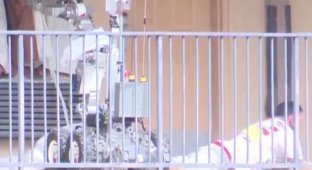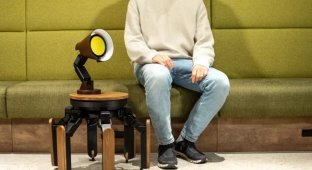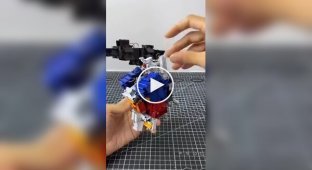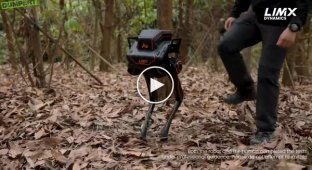In China, they are creating a humanoid capable of bearing and giving birth to a child (5 photos)
Currently, this idea is found only in sci-fi films. However, Chinese scientists are creating the world's first "pregnant robot" that will be able to carry and give birth to a child. The humanoid will be equipped with an artificial uterus, where nutrients will be supplied through a tube. 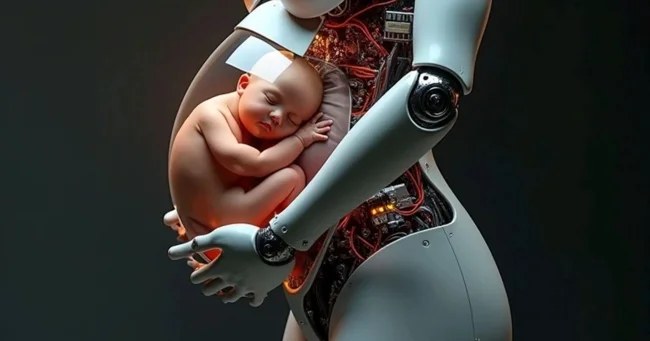
The prototype is planned for release next year. Its price will be approximately 100,000 yuan.
The machine is being developed by Dr. Zhang Qifeng, founder of Kaiwa Technology. And this is not just an incubator, but a humanoid capable of reproducing the entire process from conception to birth.
According to him, the artificial womb technology has reached a “mature stage,” and now it needs to be implanted into the abdominal cavity of a robot. This will allow humans and robots to interact to achieve pregnancy. 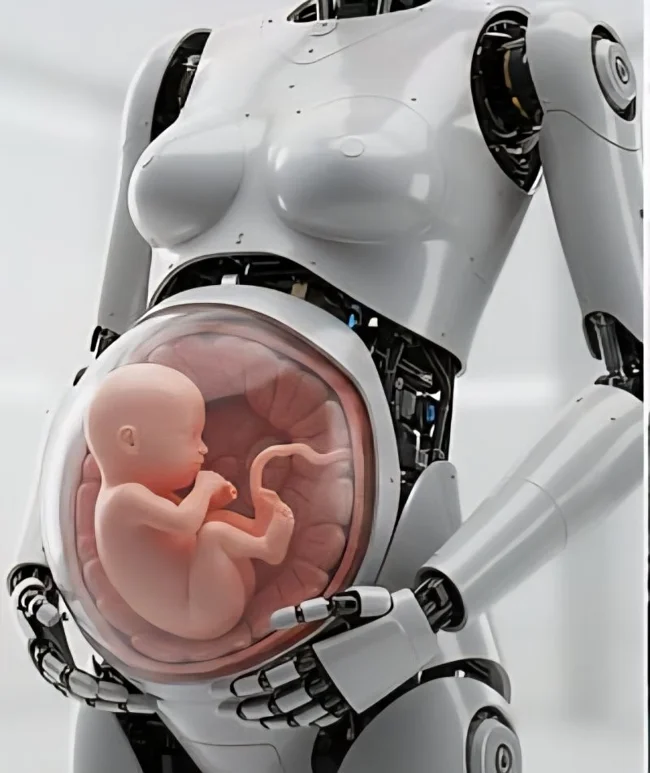
As for the ethical and legal aspects, he noted: “We have organized discussions with the authorities of Guangdong Province and submitted our proposals on policy and legislation.”
Experts have not yet disclosed the details of the fertilization process and the implantation of the egg into the artificial womb.
The news of the new technology has caused a storm of reactions on Chinese social media. Critics have called it ethically questionable and unnatural. Many believe that it is cruel to deprive an embryo of contact with its mother.
On the other hand, this innovation will relieve women from the hardships of pregnancy.
One user noted: “Families spend a lot of money on artificial insemination, which ends in failure. Therefore, the creation of such a robot can benefit society.” 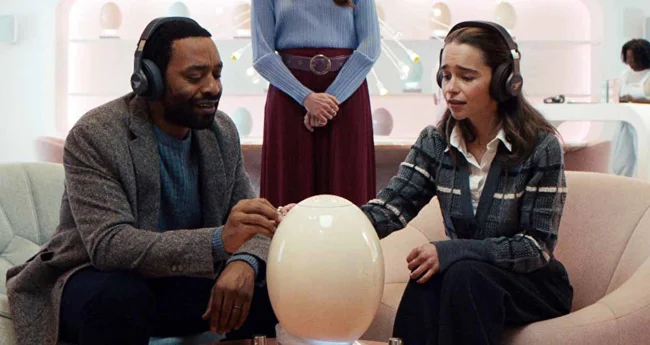
The development is reminiscent of the 2023 film "Capsule Generation," in which a tech company offers couples the opportunity to use removable artificial wombs, or "capsules," to become pregnant together
Previously, scientists successfully nursed premature lambs for several weeks using an artificial womb that resembles a plastic bag. The fetuses were provided with everything they needed for development: nutrients and amniotic fluid.
The biological bag serves as an incubator, helping premature individuals develop in conditions similar to the mother's womb. Scientists hope that the humanoid will be able to support the fetus at all stages - from conception to birth. 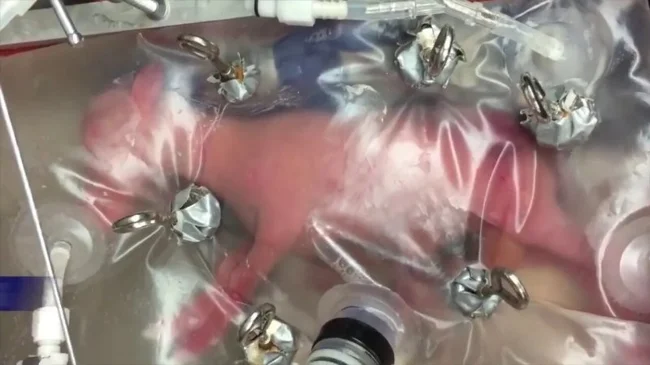
In 2022, a group of researchers from the Children's Hospital of Philadelphia, who developed artificial wombs, published an article about the ethical aspects of the technology.
Researchers express concern that this state of affairs can devalue or even pathologize pregnancy. This can reduce the ability of women to understand their significance and self-actualize through the unique aspect of female biology.
This year, a survey showed that 42% of people aged 18 to 24 would support the idea of growing a fetus outside the woman's body. 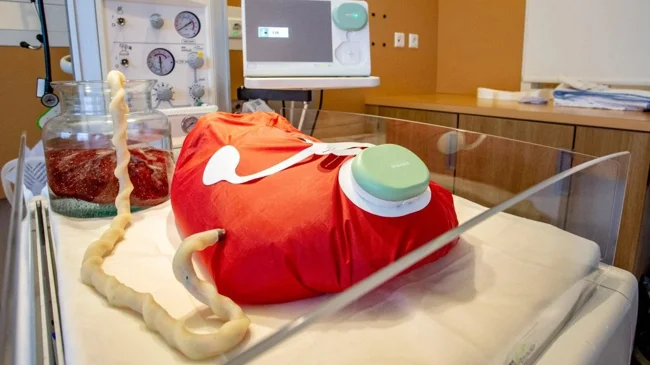
Artificial wombs, like this concept unveiled by Eindhoven University in 2019, make it possible to carry a child to term without a biological mother
If the idea is successful, humanoid pregnant women could be a way to combat a growing problem in China. The country's infertility rate has increased from 11.9% in 2007 to 18% in 2020, according to reports.













